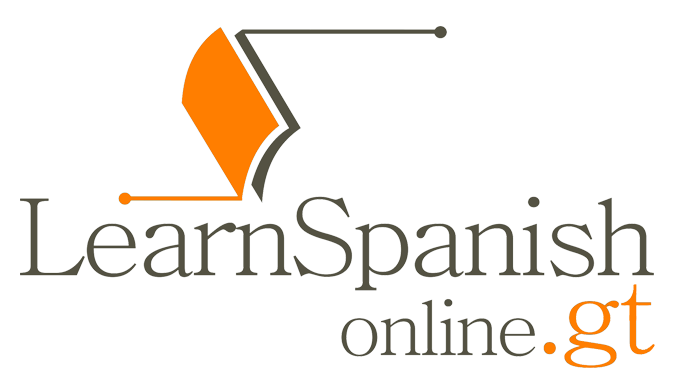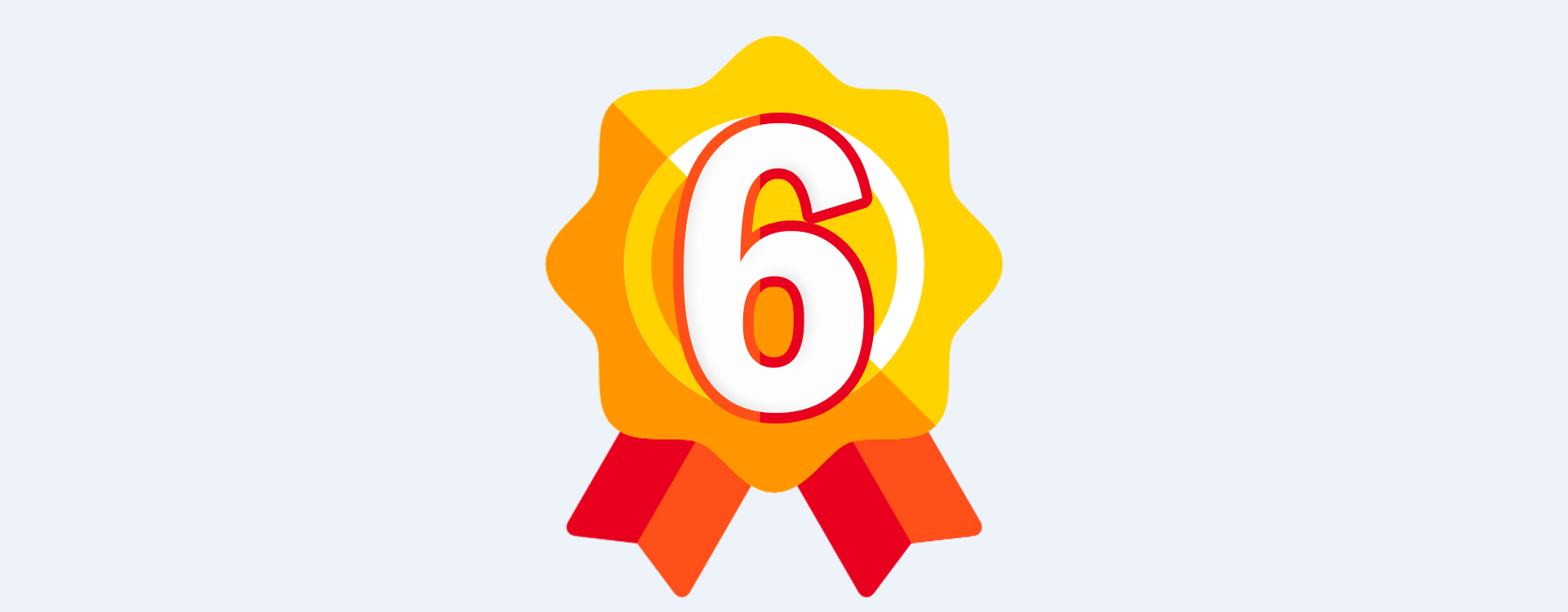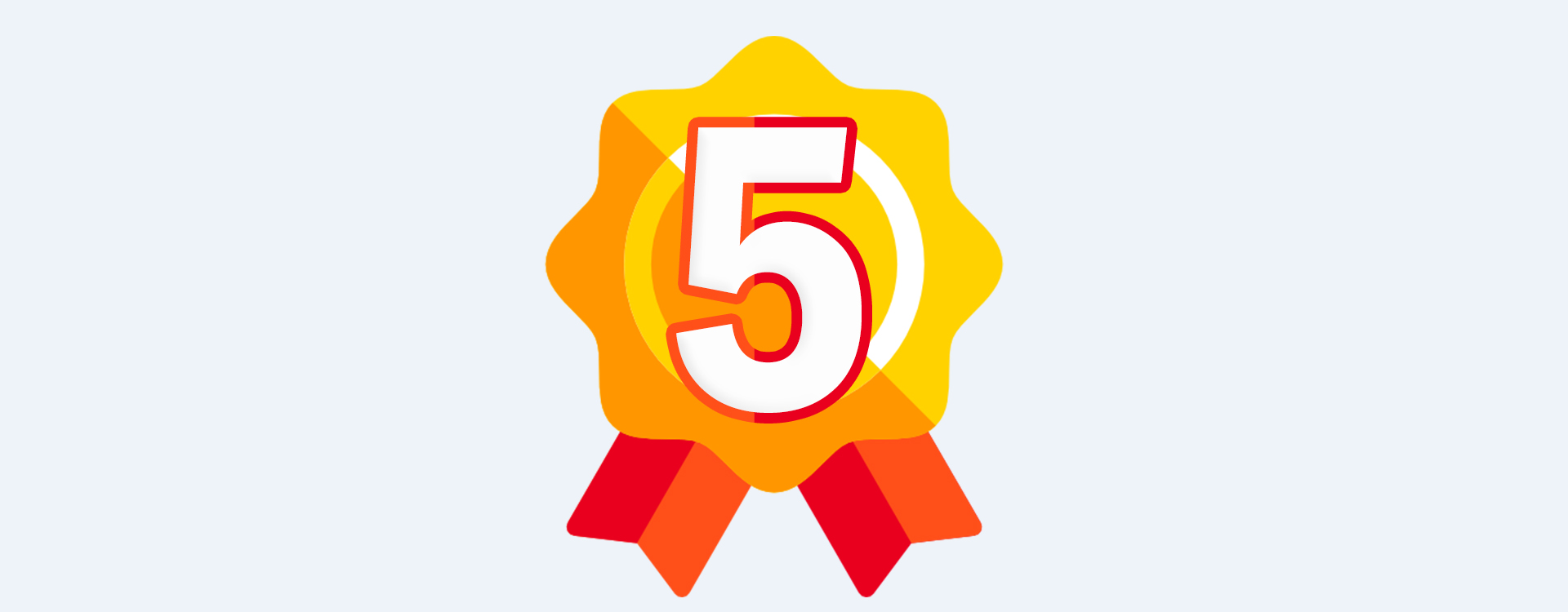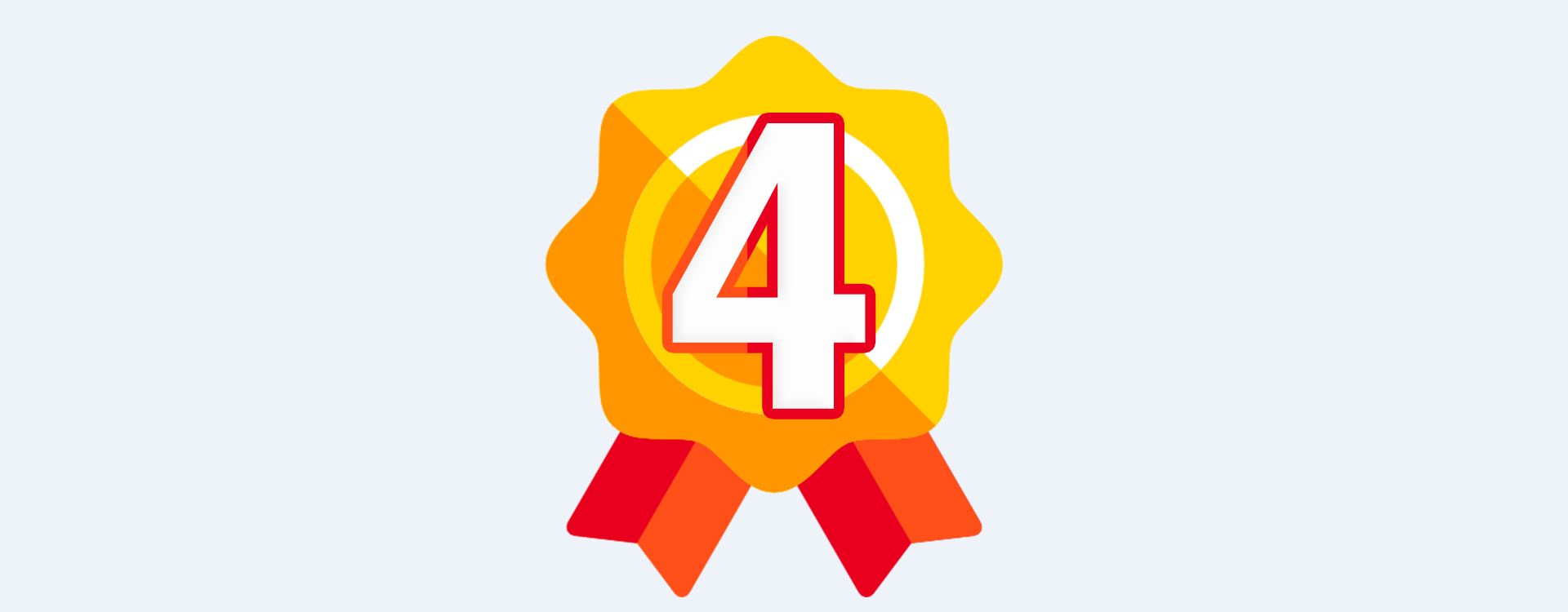Lesson 2
The defined article is placed before the seasons of the year, the days of the week, certain expressions of time, parts of the body, clothing, and certain official country names. El invierno es muy frío. (The Winter is very cold.) (seasons of the year) El lunes es un buen día. (Monday is a good […]
read more »





